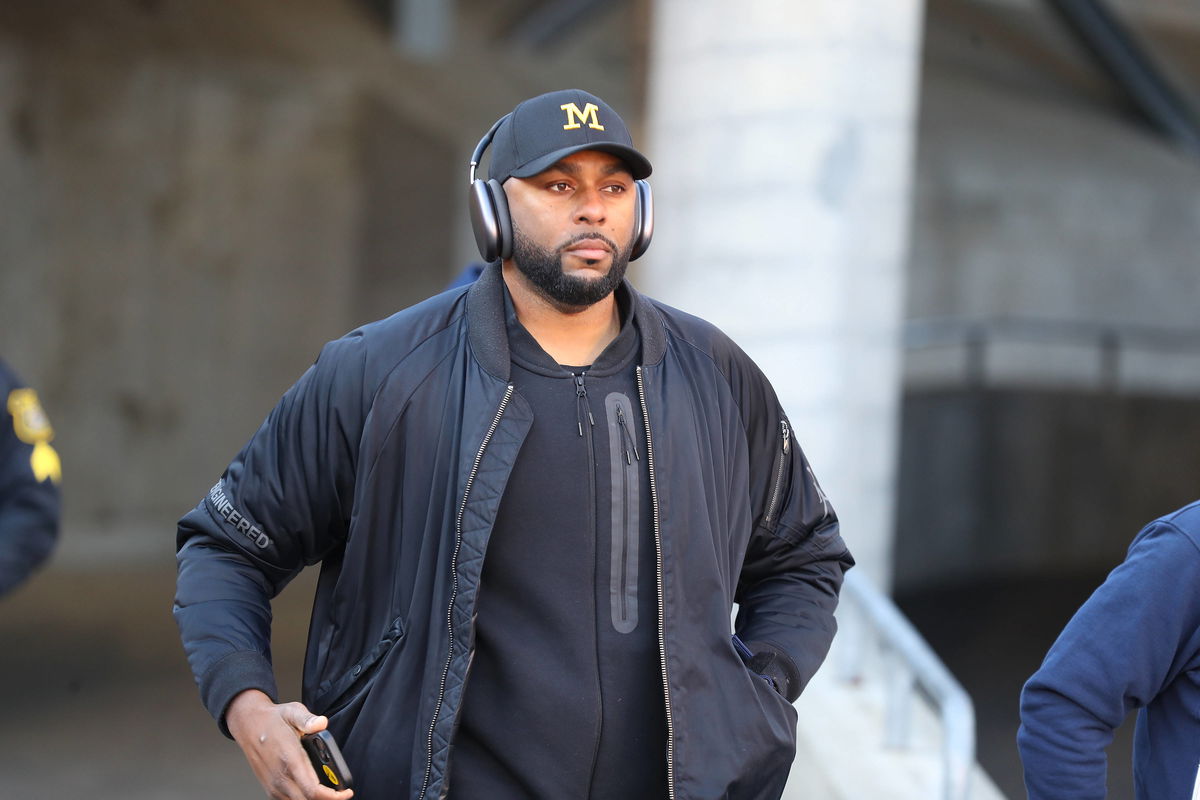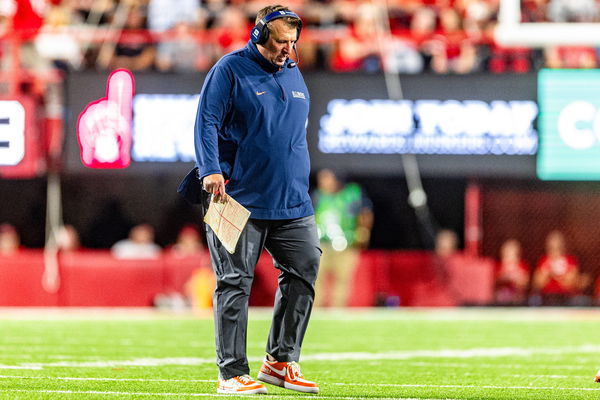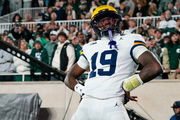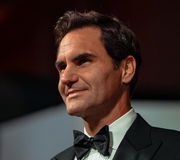
Imago
NCAA, College League, USA Football: Michigan at Ohio State Nov 30, 2024 Columbus, Ohio, USA Michigan Wolverines head coach Sherrone Moore walks the field before the game against the Ohio State Buckeyes at Ohio Stadium. Columbus Ohio Stadium Ohio USA, EDITORIAL USE ONLY PUBLICATIONxINxGERxSUIxAUTxONLY Copyright: xJosephxMaioranax 20241130_tdc_mb3_0010

Imago
NCAA, College League, USA Football: Michigan at Ohio State Nov 30, 2024 Columbus, Ohio, USA Michigan Wolverines head coach Sherrone Moore walks the field before the game against the Ohio State Buckeyes at Ohio Stadium. Columbus Ohio Stadium Ohio USA, EDITORIAL USE ONLY PUBLICATIONxINxGERxSUIxAUTxONLY Copyright: xJosephxMaioranax 20241130_tdc_mb3_0010
As the House vs. NCAA settlement reshapes the college football landscape, schools are bracing for an era of fast-paced oversight. Revenue sharing, NIL enforcement, and roster limits are now under the microscope of the newly formed College Sports Commission (CSC). But amid the buzz around this overhaul, Illinois Athletic Director Josh Whitman may have reignited tensions with a not-so-subtle swipe that echoes the still-simmering feud between Bret Bielema and Michigan’s former head coach Jim Harbaugh, and now Sherrone Moore might be feeling some of that heat.
Watch What’s Trending Now!
The Bielema-Harbaugh beef hit headlines last fall when the Illinois coach publicly critiqued Michigan’s sign-stealing scandal. While Harbaugh took the brunt of that controversy, Moore, now the Wolverines’ head coach, has inherited the noise and scrutiny. In a recent interview, Whitman offered pointed remarks about enforcement models in college sports, and while no names were dropped, the message seemed tailored for a certain Big Ten powerhouse in Ann Arbor. Whitman threw some light on the future functioning of CSC while talking to the Illini Inquirer.
“It’s completely different than NCAA enforcement,” Whitman said, describing the CSC’s setup. “The NCAA is a membership-driven organization informed by the members themselves, who are actively involved in some of the investigating and adjudicating, which has created a lot of bureaucracy and sometimes uncertainty around how those decisions will be handled.” Whitman made it clear that the new system will ditch that red tape. “The new College Sports Commission is being built very, very differently, much more in the vein of what you see with professional league counterparts.”
ADVERTISEMENT

ADVERTISEMENT
He didn’t stop there. Whitman emphasized speed and precision, signaling a warning to anyone thinking the old games can still be played. “We’ll have incredible investigators—former assistant U.S. attorneys, high-level people from the private sector or the government. There’ll be a single entity, a single person at the top who has the authority to hand out sanctions. We want them to investigate fast and punish swiftly.” Then came the kicker: “We hope this changes the risk-reward paradigm that’s existed in college athletics for generations, where now the risks of breaking the rules are much more profound than the rewards.”
Michigan’s past infractions remain a topic of national discourse, and Whitman’s words sound less like general policy talk and more like a call for accountability, perhaps even directed at those still basking in championship afterglow. Sherrone Moore may not have been involved in past controversies (except deleting 52 messages from Stalions, which he was cleared of), but he now leads a program under a magnifying glass. And the Illinois AD just reminded everyone that the rules of engagement have changed.
ADVERTISEMENT
As the CSC begins its tenure, the message from Champaign is crystal clear: there’s a new sheriff in town. And for programs once protected by process, politics, or pedigree, the grace period is over.
The reason for loyalty to Bret Bielema
While Bret Bielema has had a real estate in headlines, do not underestimate his leadership. The Illinois head coach preaches what he follows. And it’s to call out injustice whenever you encounter it, irrespective of whoever is doing it. Whether it’s calling out bad plays or calling out bad policies, he does not mince words. “One thing I learned earlier in life: If you don’t stand up for yourself, no one else will. Sometimes I stand up for our players, sometimes for our program, sometimes I stand up for college football,” Bielema once said, and that mindset has trickled down through his roster. The brashness is part of a deeply rooted belief in accountability and self-respect.
ADVERTISEMENT
For offensive lineman Josh Gesky, playing for Bielema means more than just executing blocks. “I like playing for him because of the type of man that he is. He’d preach about being tough, smart, dependable. That was his DNA, and that’s what he’s gonna live and die by,” he shared. That mantra has become a cultural cornerstone for the team. Gesky isn’t alone. Kreutz added, “He’s giving us his all, and we just know he’s gonna put us in the best position possible to win.” Bielema’s authenticity has created a bond that extends far beyond the field.
Even amid headline-grabbing rifts, like his public spats with Jim Harbaugh, Bielema has stayed rooted in what he believes is right for his players and program. He nearly took Illinois to the playoffs last season, and the culture he’s instilled is a major reason why. As edge rusher Gabe Jacas put it, the passion Bielema brings to every snap, every rep, and every press conference is exactly what fuels the Illini locker room. Behind every jab and soundbite is a coach whose players would run through a wall for him.
Top Stories
Sean Payton Announces Retirement Plans as Broncos HC Demands Improvement From Bo Nix & Co. Before Playoffs

Greg Biffle’s $4M Worth Prized Possession Still Without a Buyer Leaves NASCAR Fans Heartbroken

LIV Golf Braces for Another Possible Exit in Wake of Brooks Koepka Departure

Biff Poggi All But Confirms Bryce Underwood’s Michigan Future After Announcing His Own Departure

Roger Federer Draws Criticism from Swiss Government Chief for Tourism Boom in Country

NASCAR World Mourns as Former Watkins Glen President Michael Printup Passes Away at 60

ADVERTISEMENT
ADVERTISEMENT
ADVERTISEMENT
ADVERTISEMENT

